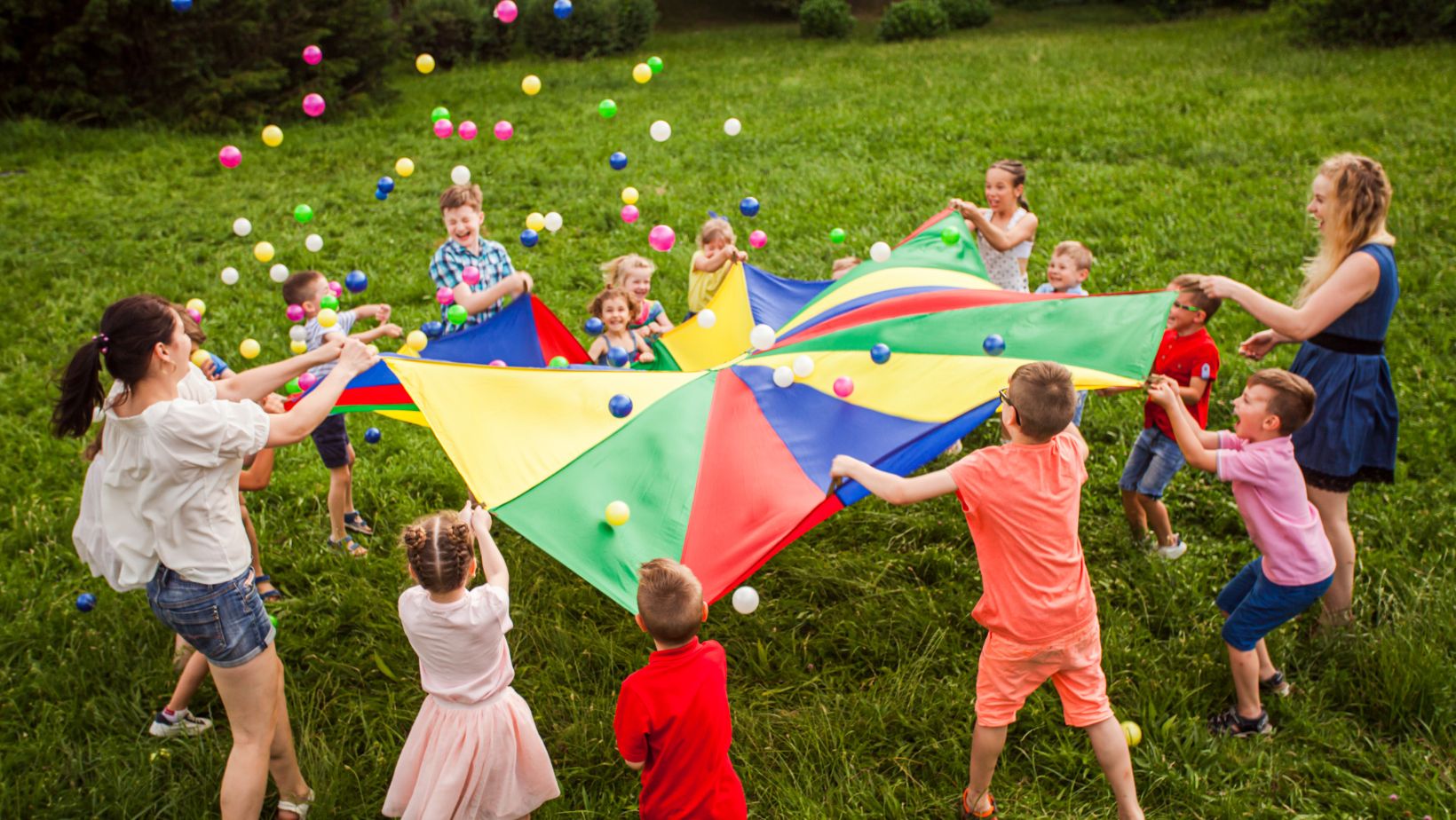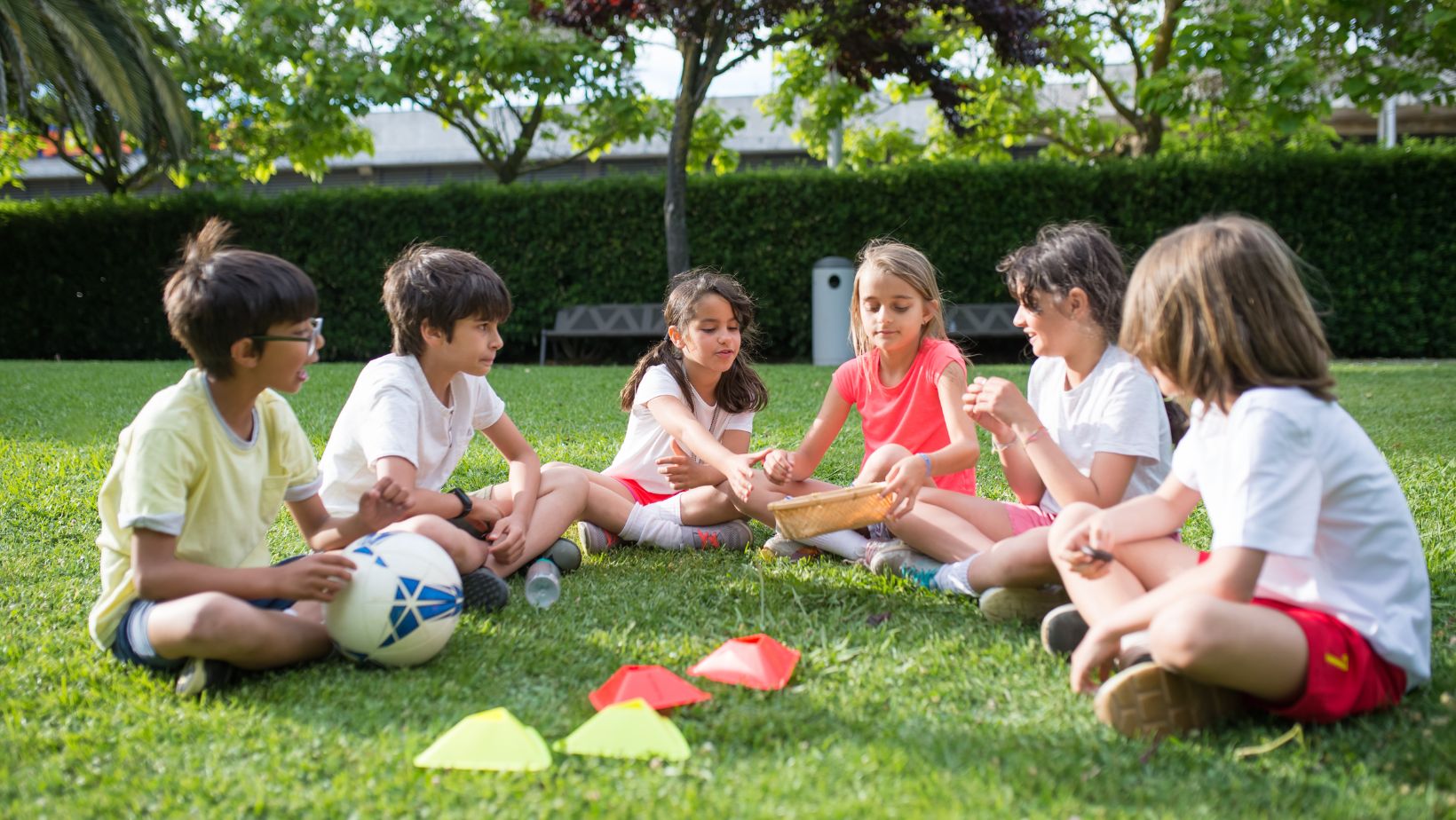When digital screens and instant entertainment are within reach, it can be challenging to connect with your kids. Classic games provide a screen-free way to build trust, laughter, and lasting memories together. Whether it’s a weekend tradition or a rainy-day activity, playing timeless games can be a great way to teach, bond, and have fun.
How Classic Games Strengthen Family Bonds
Classic games are about more than just competition. They encourage eye contact, conversation, and camaraderie that are becoming rare in our fast-paced lives. These games slow things down and create a space where kids and parents can be fully present.
While kids learn to lose and celebrate wins, you get to learn more about your kids. These shared experiences build emotional closeness and trust. The beauty of classic games is that everyone can enjoy them, no matter their age. There’s always a game that can bring you together meaningfully.
Choosing the Right Game for the Right Age
Not every game will suit every child, so part of the fun is finding the ones that spark their curiosity. Here are a few classic picks and what they help develop:
- Preschoolers: Simple matching games or tactile options like Memory or Candy Land build turn-taking and recognition skills.
- Elementary-age children: Games like Connect Four, Uno, or checkers help develop logical thinking and strategy.
- Tweens and teens: Games that require deeper focus, like backgammon or Mah Jong, improve complex reasoning, patience, and even math skills.
When playing games, be sure to give your kids time to express their input as well. Remember, just because you like Uno, doesn’t mean they will as well.
Types of Classic Games to Play With Kids
A wide variety of classic games can bring joy and learning across age groups. Here are some favorites to consider:
- Board Games: Checkers, Chess, Sorry!, Monopoly, and The Game of Life offer quick plays or more involved sessions.
- Card Games: Go Fish, Old Maid, Crazy Eights, and Uno are easy to learn and perfect for families with younger children.
- Tile-Based Games: Dominoes and Mah Jong encourage pattern recognition, strategy, and fine motor skills. Beginner-friendly sets make it easy and enjoyable for kids to learn mahjong together.
- Word Games: Scrabble and Boggle are great for building vocabulary and practicing spelling in a fun, low-pressure setting.
- Dice Games: Yahtzee and Farkle promote number recognition, counting, and decision-making.
- Outdoor Classics: Hopscotch, jump rope, and four square keep kids active while allowing for fun, structured play.

These games are not only entertaining but also help develop cognitive and social skills, making them perfect for bonding across generations.
Making It a Family Tradition
Family game nights can become a regular event. When they are part of your family’s routine, these moments strengthen connections. Here are ways to create a game-night habit:
- Keep it consistent. Set one night each week and stick to it.
- Let your child choose the game. This gives them a sense of control and keeps them engaged.
- Create a game-night box. Store all your board games, cards, and tiles in one easy-to-reach place.
- Celebrate wins, big and small. Whether it’s a tough victory or just learning how to play, give lots of high-fives.
When games become part of your family story, it’s something that your kids can pass down to their own kids. Essentially, game night can be an intergenerational tradition.
The Unexpected Lessons of Play
Beyond fun, classic games teach kids valuable life skills. They learn to deal with frustration, wait their turn, and bounce back from setbacks. They also gain real-world experience with problem-solving and communication skills that will help them in friendships, school, and eventually their jobs.
Most importantly, they discover that time spent together is worthwhile. This will keep your family bonds tight-knit. They’ll learn that you’re someone they can trust even when they’re most vulnerable.
Learning Through Laughter
Classic games create an environment for laughter, which is a powerful bonding tool. When families laugh together, they ease tension, boost mood, and create a shared joy that lasts longer than screen time. Games like charades or Pictionary lead to funny moments, allowing parents to show how to laugh at themselves and making kids feel safe being silly.
Laughter creates a sense of psychological safety. In these moments, kids are more likely to open up about school problems, friendships, or other worries. A spontaneous giggle fest over a board game can sometimes spark deeper conversations.
Final Thoughts
Whether you’re playing a ten-minute card game or an hour-long Mah Jong session, the true value lies not in competition but in connection. 
So, dust off those old tiles and counters, clear the kitchen table, and start a tradition your kids may one day pass down to their own children.

